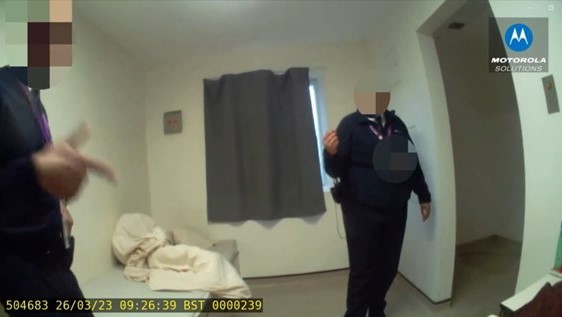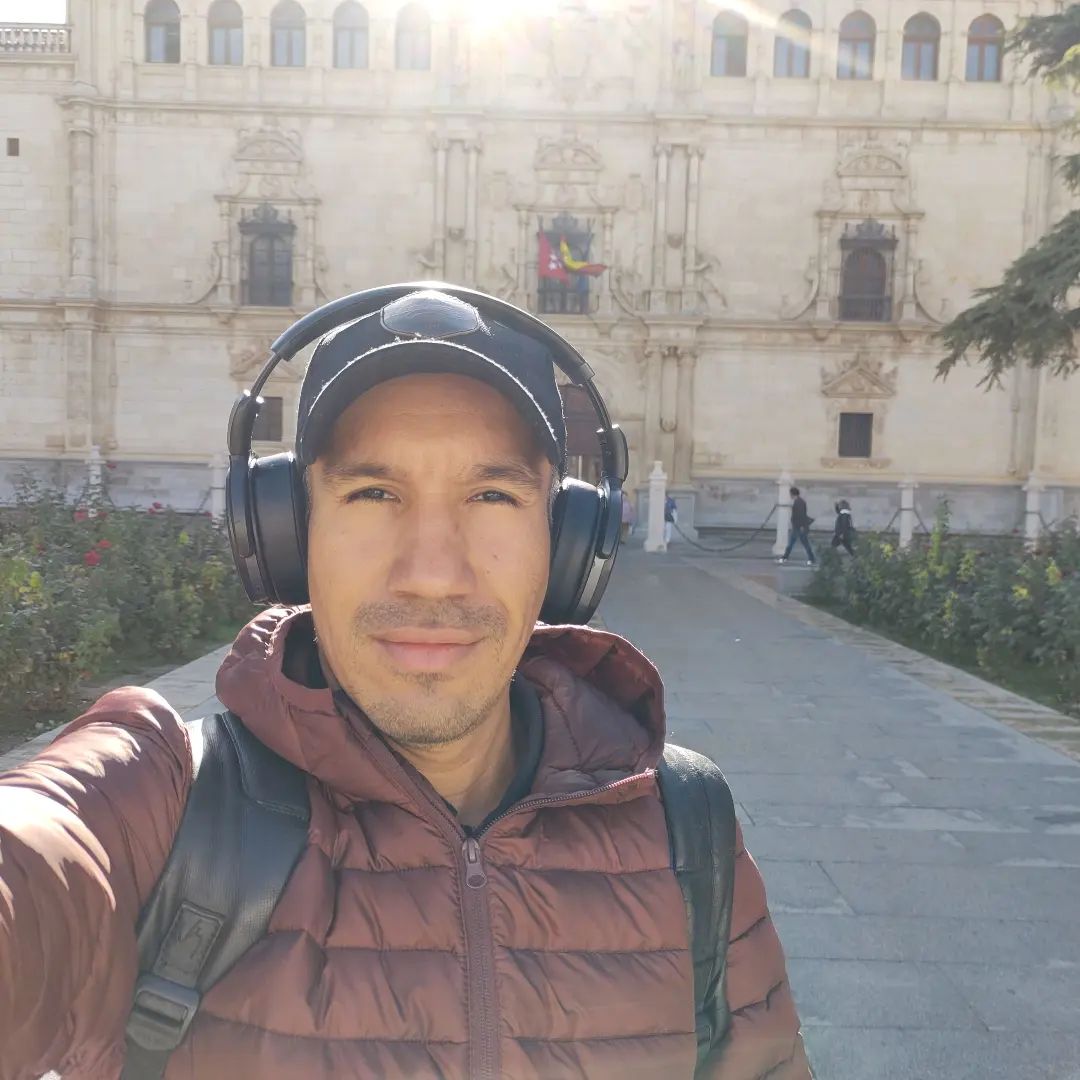Man on suicide watch ‘lay dead for hours’ in Home Office immigration removal centre
Published on 09 October 2024
An inquest is examining the death of Colombian Frank Ospina, 39, who was detained in a Mitie-run immigration removal centre in Heathrow before his death in March 2023. Image: Frank Ospina, Instagram/ Adrian Dennis/AFP

An inquest has heard how a migrant worker housed in a privately run detention centre took his own life while on stringent suicide watch following a previous suicide attempt
Reports Aaron Walawalkar. Edited by Harriet Clugston.



